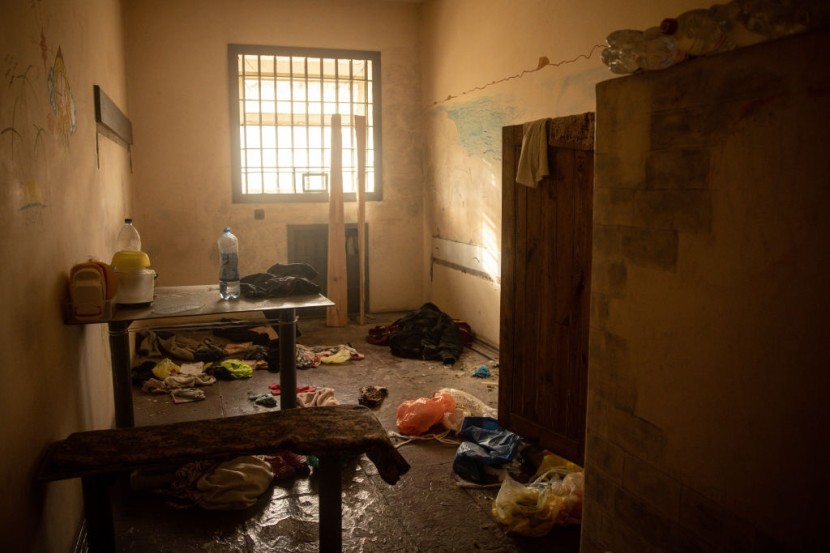An international team of specialists released a summary of their latest findings on Wednesday, August 2, which concluded that many captives held in improvised detention centers in Russian-occupied southern Ukraine had been tortured and sexually assaulted.
The territory of Kherson City in Ukraine was taken back in November 2022, after more than eight months under Russian control. Since then, the Mobile Justice Team, founded by the international humanitarian law company Global Rights Compliance, has worked alongside Ukrainian war crimes prosecutors.
Ukrainian authorities have brought charges against 220 accused and are now evaluating more than 97,000 complaints of war crimes. The International Criminal Court (ICC) in The Hague has previously requested the arrest of Russian President Vladimir Putin, suggesting that it may be able to try high-level criminals there.
Russians' Alleged War Crimes in Ukraine

According to Reuters, the Kremlin has repeatedly rejected claims that Russian soldiers committed war crimes in Ukraine during a "special military operation" that it says was initiated to "de-Nazify" Russia's neighbor.
The Mobile Justice Team, supported by the governments of the UK, the European Union, and the US, released the report in which they analyzed 320 instances and witness testimony from 35 sites in the Kherson area.
It was found that "43% explicitly mentioned practices of torture in the detention centers, citing sexual violence as a common tactic imposed on them by Russian guards," according to the statement assessing the victims' statements.
The first case involving the alleged deportation of dozens of children from Kherson was presented by Ukrainian prosecutors in June. They filed war crimes charges against a Russian lawmaker and two suspected Ukrainian accomplices. Upon hearing of the new evidence of torture, they have not made immediate comment.
Unlawful Detention, Horrific Torture
The extent of torture in Kherson, in a January report by Reuters, was shocking. Nearly 200 persons, according to Ukrainian officials at the time, had been imprisoned under unlawful detention. Reuters reported on accounts from survivors who described techniques such as electric shocks and suffocation.
According to Anna Mykytenko, senior legal counsel at Global Rights Compliance, "the true scale of Russia's war crimes remains unknown" in light of recent discoveries on torture.
Prosecutors examined 36 victims, and several of them reported being threatened with or subjected to genital mutilation or electrocution if they told anybody about their ordeal. Reportedly, one of the victims was made to watch another inmate get raped.
It discovered that those in the military, law enforcement, volunteers, activists, community leaders, medical professionals, and educators were more likely to be tortured than other detainees. Suffocation, waterboarding, brutal beatings, and threats of rape were determined to be the most prevalent forms of torture.








